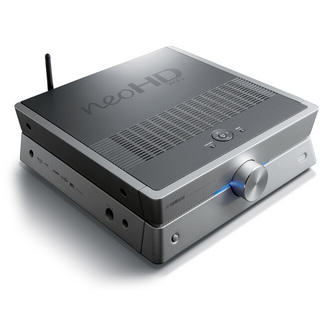
The sound is a fundamental part of your movie experience and many home cinema owners know how important it is to achieve the perfect pitch and sound combination. Many people may hire professionals to wire all of their speakers together and install a sophisticated sound system. But there are actually a few quick and easy adjustment techniques on how you can get better audio in your home theater.
Even if you have the most expensive sound gadgets, they will not make the perfect audio if they aren’t correctly wired and positioned. To make the best out of what you have, here are the tricks:
- Understand the importance of speaker size. When you visit an audio and tech store, you may immediately go for the biggest speaker for a large- sized home cinema. People have the right notion that the size of the speaker must correspond to the size of the room where it will be used. Unfortunately, this topic may mislead others since speaker size is not the literal dimensions of the speaker but the capacity of its signal. So when you want a bigger speaker for a good-sized home cinema, try to get speakers that will be able to handle a full-range signal. This will allow sounds from different frequencies to be heard by the human ears.
- You can install two subwoofers and use them together. Having a subwoofer installed in a home cinema is very important because it will amplify the low-end sounds so that the depth of the music of the movie can be clearly heard by the people watching it. Many homeowners believe that having one subwoofer is enough. But experts can tell you that two subwoofers are better than just having one. Having more subwoofers can help level out the bass sounds. Some sound specialists would even tell you to have four (4)subwoofers in a room.
- Reduce sound reflection inside the home cinema. When sounds are produced from the speakers of home theater rooms, they will travel through the surroundings and will reflect back once they hit smooth and even surfaces like walls. Although this is a normal phenomenon, this can cause the sound to have an echo or delay since the walls in the room can have varying times of reflection due to distance. To avoid this, you can add items for the absorption of sound and prevent reflection. The simple act of adding curtains can help a lot. You may also install absorption panels if you have extra budget.
